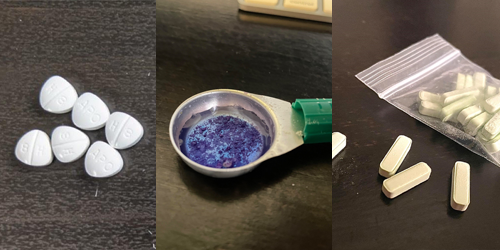Building bridges over blood policies
September 23, 2021 • By Kirk Furlotte and Ben Klassen“Blood. It’s in you to give.” Or so the old slogan from Canadian Blood Services (CBS)* would have you believe. Of course, they have a long history of filtering who gets to give. Currently, there are many Canadians who want to give but cannot, including all HIV-negative cisgender men who’ve had sex with another man in the past three months. This includes men who are in monogamous relationships, always use pre-exposure prophylaxis (PrEP), always use condoms during sex, and who have oral but not anal sex. This policy has long been viewed as homophobic by many community members and community-based...






